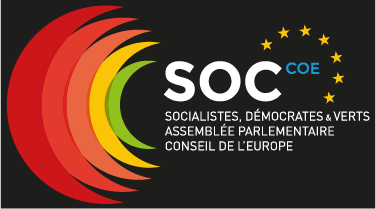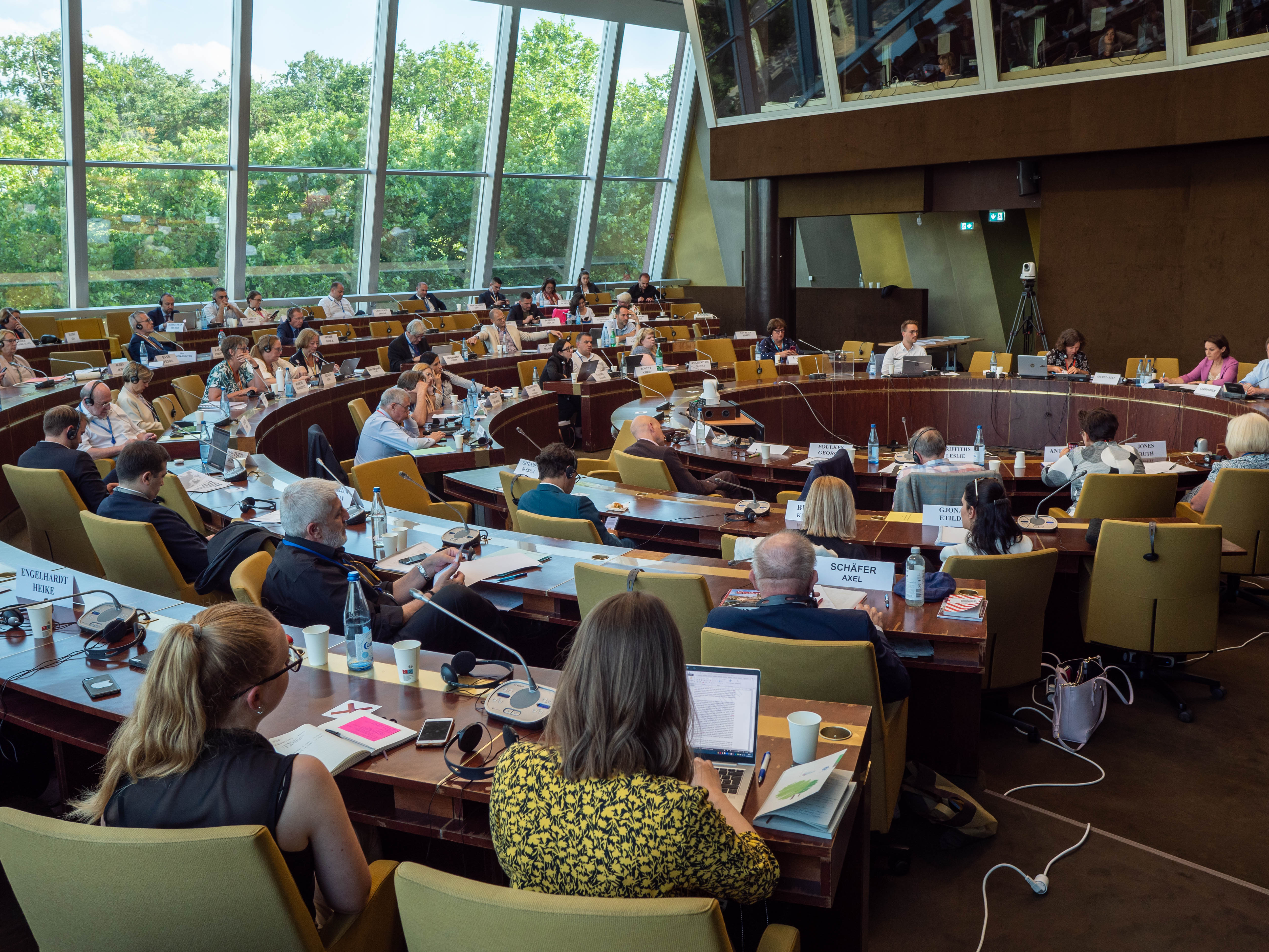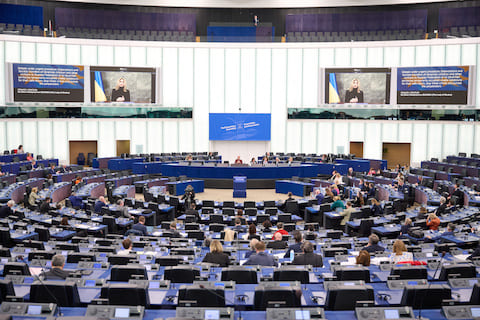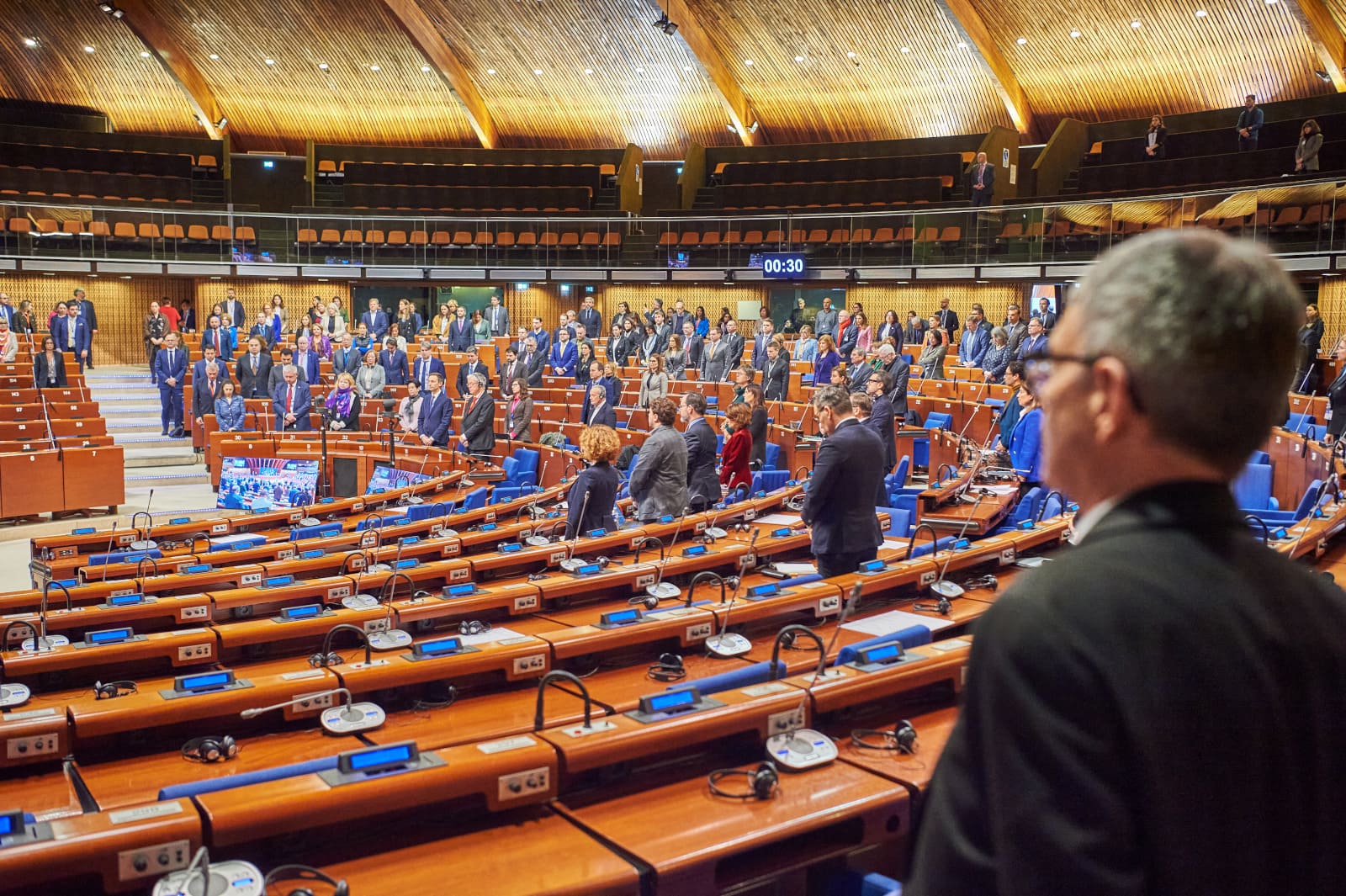
PACE renews its call for a prompt implementation of Strasbourg Court judgments without exception
During the 2021 winter plenary session, the Assembly discussed the progress in the implementation of the judgments of the Strasbourg Court over the past ten years. Even if the number of pending cases before the Committee of Ministers dropped significantly (almost 50% less) thanks to recent reforms that smoothen the process, concerns remain over the substantial number of leading cases that have yet to be executed. This is due to deeply rooted structural problems at the national level, such as legal and political difficulties.
What emerges from the PACE’s resolution based on a report by Constantinos Efstathiou (SOC, Cyprus) is that the most worrying scenario is present in the Russian Federation, Turkey, Ukraine, Romania, Hungary, Italy, Greece, the Republic of Moldova, Azerbaijan and Bulgaria. In fact, the aforementioned countries hold the highest number of non-implemented Court judgments, as a result of serious technical or constitutional hindrances, some of which have been going on for several years.
According to the Assembly, it is neither possible nor acceptable for national legislative or administrative measures to add further obstacles to the implementation process. The Group of Socialists, Democrats and Greens fully supports this statement, as well as PACE’s reiterated call for a credible commitment to the protection and promotion of human rights and fundamental freedoms by all member states, 70 years after the signing of the European Convention on Human Rights.
This should happen above all through a complete and swift implementation of the judgments of the European Court of Human Rights, providing all the necessary tools and resources to relevant national stakeholders, fostering their cooperation, as well as establishing parliamentary structures in charge of ensuring compliance with international human rights obligations. As highlighted by Mr Efstathiou, “the core part of the very foundation of the Council of Europe is the respect and implementation of the judgments. Otherwise, the rule of court stays at empty words.”





